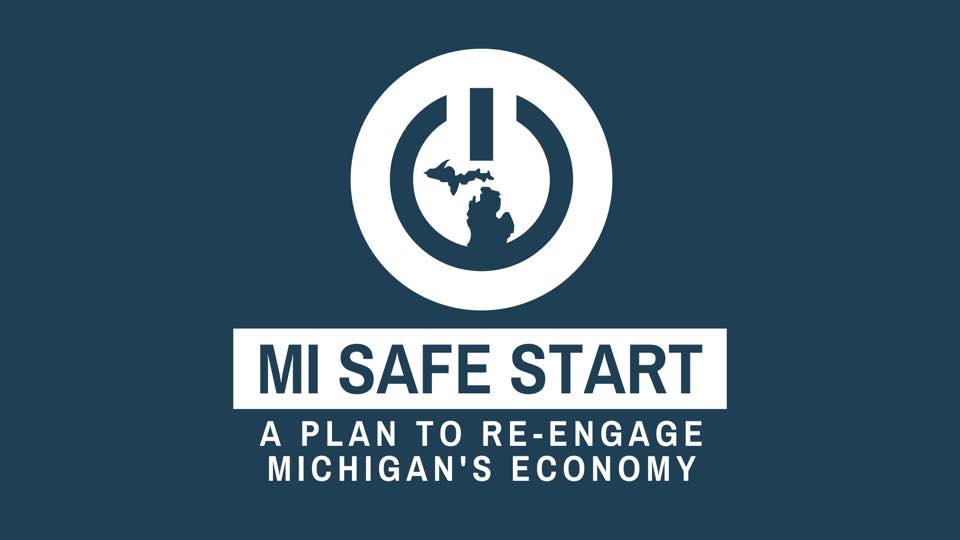
LANSING, Mich. -- Wednesday, Governor Whitmer signaled her support for SB 690 which puts more than $850 million in federal Coronavirus Relief Fund monies into action across the state. The supplemental budget bill includes $120 million for direct care workers, providing an additional $2/hour from now through September to ensure direct care workers receive additional money, and it provides $125 million in day care subsidies to reduce child care costs for families right now.
“This bill is an example of what can happen when politics are put aside and all parties come together to do what is best for the people of Michigan, including our frontline workers in local communities across the state,” said Governor Whitmer. “By putting these federal funds to work now we are able to provide direct relief across Michigan to help families, keep workers safe, and support small businesses without waiting for further federal guidance. I want to thank Sen. Curtis Hertel and Rep. Jon Hoadley for their work on this budget. This is a good start, but we still need Congress to take action and provide additional relief to states so that we can overcome the revenue losses that COVID-19 has imposed on the state budget.”
The bill provides direct support to local governments with the inclusion of $100 million for hazard pay for local first responders who are on the front lines battling COVID-19 and another $200 million for local communities across the state.
“While we continue to push Congress to provide more flexibility in how we can use federal funding to address our budget shortfall, and while we await action from Washington to provide additional aid to states, this bill puts existing federal funds to work on items directly related to COVID-19,” said State Budget Director Chris Kolb. “I thank the appropriations chairs, Sen. Jim Stamas and Rep. Shane Hernandez, for their partnership and hard work. This spirit of bipartisanship is what will be needed as we continue work on both the fiscal year 2020 and fiscal year 2021 budgets.”
Other key investments included in SB 690 include:
- $100 million in small business restart grants to help small business owners and nonprofit organizations across Michigan get back on their feet, prioritizing minority-owned, women-owned and veteran-owned businesses
- $60 million in rental assistance and eviction diversion to help ensure that those in jeopardy of eviction can remain in their place of residence
- $25 million for water utility assistance
- $25 million for devices, wireless hotspots, and connectivity for school children and their families.
- $18 million for health and safety grants for schools
- $10 million in MIOSHA grants for protections to keep workers safe on the job
- $14 million for food banks and domestic violence shelters to help ensure our most vulnerable populations are supported
While it is good news that more than $850 million is now appropriated for additional relief across the state, much more work lies ahead to ensure that schools and local communities will have the funding and resources they need.
Development of the budget for next fiscal year will be delayed until September as the state awaits further information to be collected at a third revenue estimating conference planned for later this summer. The state is also waiting for decisions from the federal government about additional aid for all 50 states that will be critical to address the revenue shortfall in fiscal year 2021.
SB 690 is sponsored by Sen. Jim Stamas.













